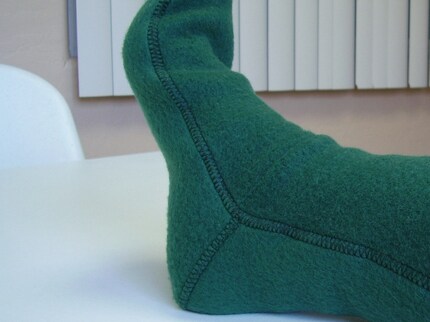Have you ever been to Memphis?
Have you visited the National Civil Rights Museum while you were there?
If not, did you know that the National Civil Rights Museum is located at the motel
where Dr. King was murdered on April 4, 1968 while he
was in Memphis to help organize a strike by sanitation workers?
The name of the motel was the Lorraine...
When Dr. King was assassinated, one of the tenants of the Lorraine,
Jacqueline Smith,
was so deeply affected by that day's events that
every
single
day
of
the
rest
of
her
life
has reflected that impact.
When the Lorraine was converted into the National Civil Rights Museum,
all of the tenants that were living there were evicted.
"The Lorraine Motel remained open following King's assassination
until it was foreclosed in 1982.
The Martin Luther King Jr. Memorial Foundation purchased the property
at auction in December of that year. In 1987 construction of the museum started,
opening its doors to visitors on September 28, 1991.
The exhibits of the museum tell the story of the struggle for
African American civil rights from the arrival of the first Africans
in the British colonies in 1619 to the assassination of King in 1968."
Ms. Smith and any other remaining tenants were served with an eviction order
on Jan. 11, 1988 when the Lorraine was closed by Tennessee state officials
directing the museum project.
Ms. Smith ignored a February 8th deadline to move out.
On March 3, 1988, the day Ms. Smith was removed from her home,
the AP reported that, "Before the deputies arrived,
Miss Smith talked to reporters and other spectators through an
eight-foot chain link fence that was put up around the site Jan. 11.
'My family is here [in Memphis] and I have a home, but that's not what I want,' she said.
'If I can't live at The Lorraine, I'll camp out on the sidewalk out front.'"
Camped out across from the museum, Ms. Smith calls the it the “Civil Wrong Museum”
and urges tourists not to enter. Ms. Smith's main claim is that MLK would not want a museum like this and
that the motel should have been converted into low-income housing rather than made into a museum for middle-class tourists.
And so she did. And so she has.
Visit this dedicated woman's website at: http://www.fulfillthedream.net/
For more information, and a variety of opinions on Jacqueline Smith, visit:
Nos. 10, 9, and 8 are especially powerful.
A few years ago I was in Memphis
visiting a friend, coincidentally on Martin Luther King Day.
I can't really put it into words but
there is a palpable feeling or mood or something
that was over the city that day.
The next year when I visited my friend in
Memphis, we did go to the
National Civil Rights Museum, but on that day
Ms. Smith was not camped across the street
(she does take a few days off here and there)
I get the real need for places like this to exist,
but I get the argument that there could have been
an alternative location versus evicting
people from their homes.
As is every issue that goes with the issue of
civil rights, there is so much
grey to consider...









